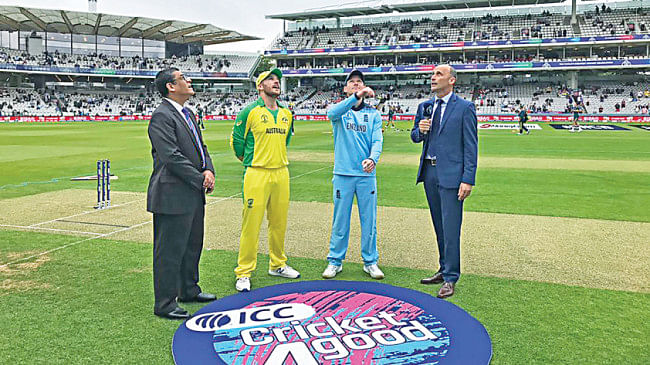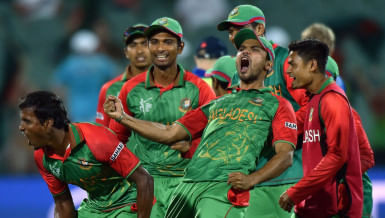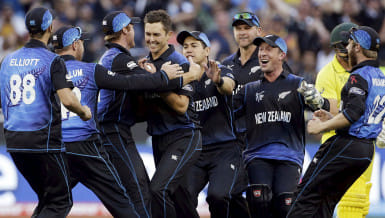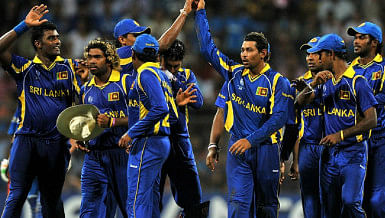The World Cup semifinals might be loaded with star power, but the battle for places in the final could turn on a crucial toss of a coin before the action has even started.
There were just a handful of successful run chases in the World Cup group stage, a trend that suggested winning the toss and batting first will be potentially decisive in the semifinals.
India and New Zealand will put that theory to the test when they meet in the first semifinal at Old Trafford on Tuesday, followed by hosts England facing holders Australia in Birmingham on Thursday.
All eyes will be on the coin flip after a group stage notable for teams failing to chase targets in excess of 260 on all but two occasions.
Most infamously, Pakistan captain Sarfaraz Ahmed was slammed for ignoring Prime Minister Imran Khan’s advice to bat first after winning the toss against arch rivals India.
India skipper Virat Kohli, whose team chased down 265 in their last group game against Sri Lanka at Headingley on Saturday, said handling pressure is key to batting second.
Four teams, including New Zealand, have won toss at Old Trafford and gone on to win the game, but Kiwi coach Gary Stead does not read too much into the stats.
“I think again that’s part of being at the World Cup and being a high-scoring ground, runs on the board can count for that as well,” said Stead.
“We were in a cliff-hanger here ourselves (against the West Indies, who lost by five runs) and that could have gone either way. It doesn’t concern me, I think it’s a good surface out there.”
England, with their powerful batting line-up, have scored over 300 in six of their nine outings -- five of which have come batting first.
England had lost to Australia at Lord’s in the group stage after failing to chase down the holders’ total of 285-7.
But coach Trevor Bayliss is confident the hosts will not be afraid to chase a total.
“Over the past four years we have won 14 of the last 17 times we have batted second,” he told the BBC. “So batting second doesn’t scare our guys.”


 For all latest news, follow The Daily Star's Google News channel.
For all latest news, follow The Daily Star's Google News channel. 









Leave your comments